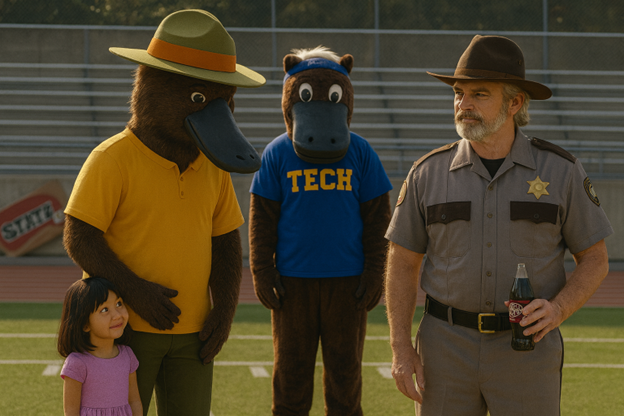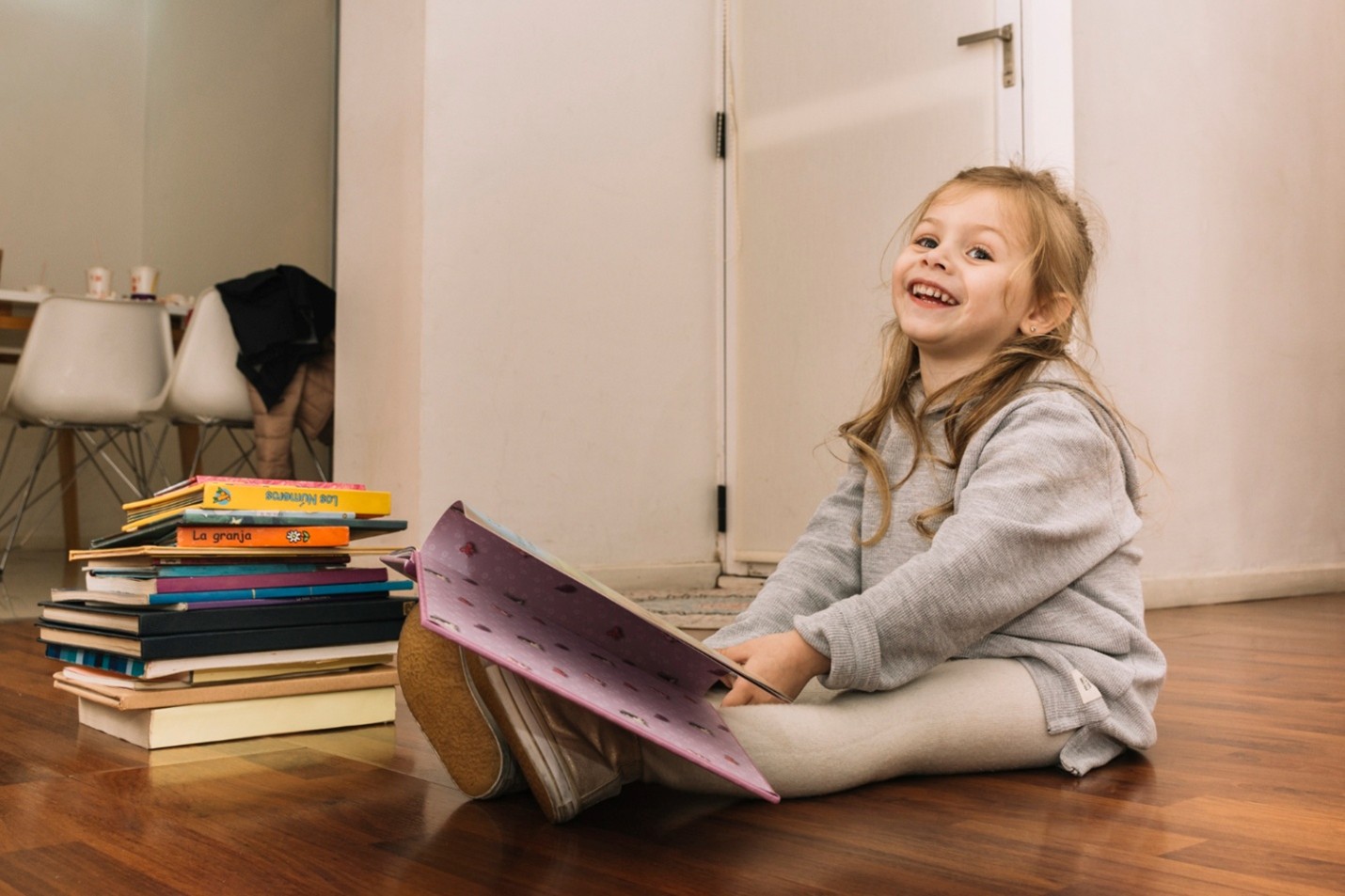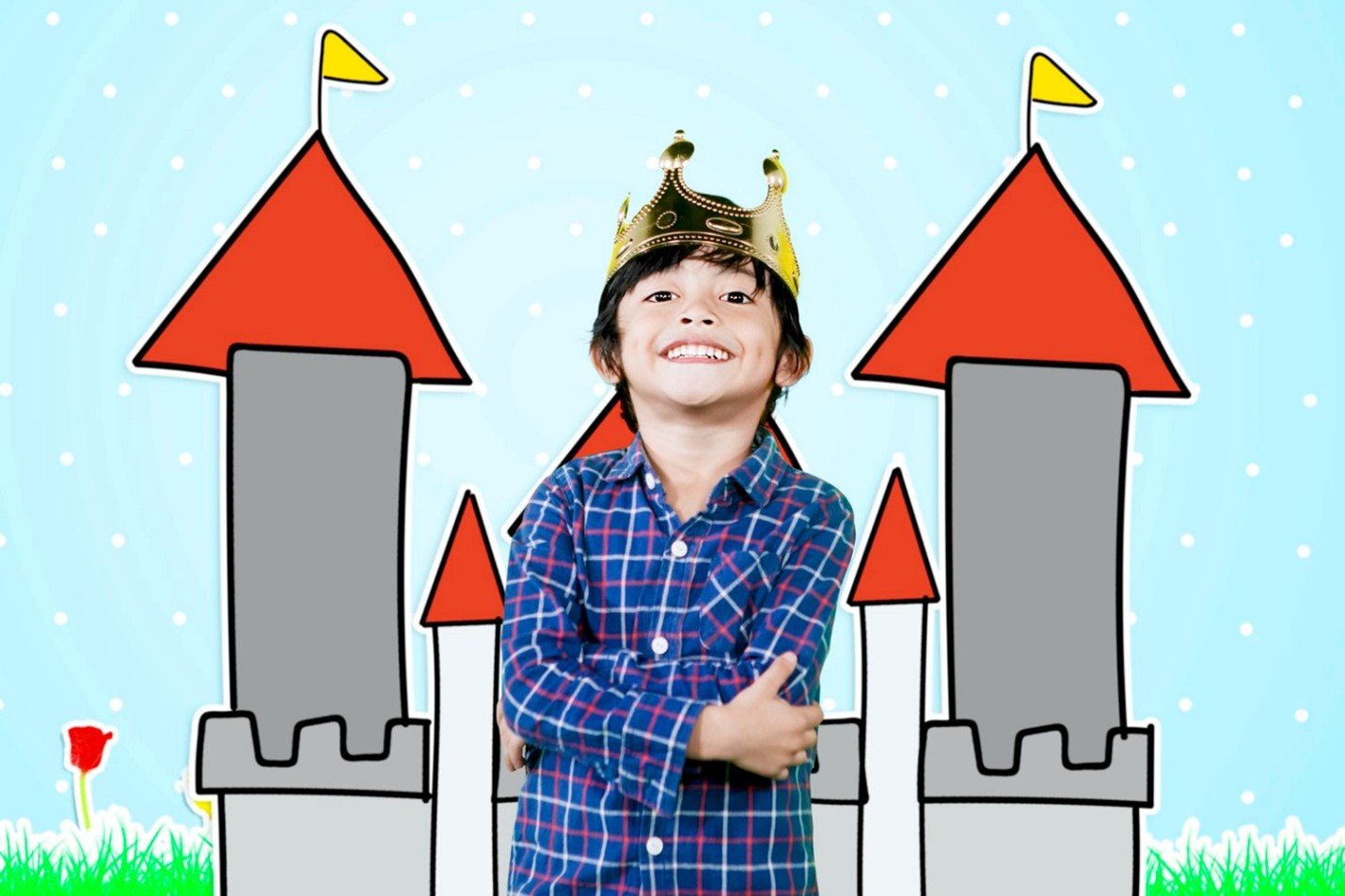Discover why kids remember love over guilt. Learn how stories ease parent guilt while teaching children gratitude and connection.
Continue readingHow Stories Like “I Wish My Mommy Was an Octopus” Build Emotional IQ
Discover how Erin Shular’s book and other children’s stories help kids build Emotional IQ through empathy, connection, and understanding.
Continue readingWhy It’s Okay for Kids to Feel Frustrated and How Books Can Help
Discover why it’s okay for kids to feel frustrated and how books can help them process emotions, build resilience, and feel truly understood.
Continue readingWhy Humor in Children’s Books Makes Learning Stick
Discover why humor in children’s books makes learning stick. Learn how playful stories help children connect, remember, and grow through laughter.
Continue reading5 Picture Books That Help Kids Understand Parents Better
Explore five heartwarming picture books that help kids understand parents better. Discover how these stories highlight love, care, and connection in family life.
Continue readingThe Platypus Crossover We Didn’t Know We Needed, Dr Pepper Meets Bedtime
Dr Pepper’s new platypus mascot meets Erin Shular’s Platypus Dad in a playful crossover of fandom and family fun. Discover how laughter unites storytime and game day.
Continue readingWhy Silly Stories Often Teach the Deepest Lessons
Discover how silly children’s stories teach powerful lessons about love, resilience, and family values. Learn why laughter often hides life’s deepest wisdom.
Continue readingHow Childhood Daydreams Reflect Deep Emotional Needs
Discover how childhood daydreams reflect deep emotional needs. Learn to decode their fantasies and connect with what your child is really feeling.
Continue reading3 Creative Ways Kids Ask for More Time with You
Kids ask for more time in quiet, clever ways. Learn how to spot these subtle moments and turn them into lasting connections.
Continue readingThe Magic of Make-Believe: How Kids Turn Frustration into Fantasy
Discover how kids turn frustration into fantasy through pretend play. It’s more than fun, it helps them process emotions and understand the world.
Continue reading









